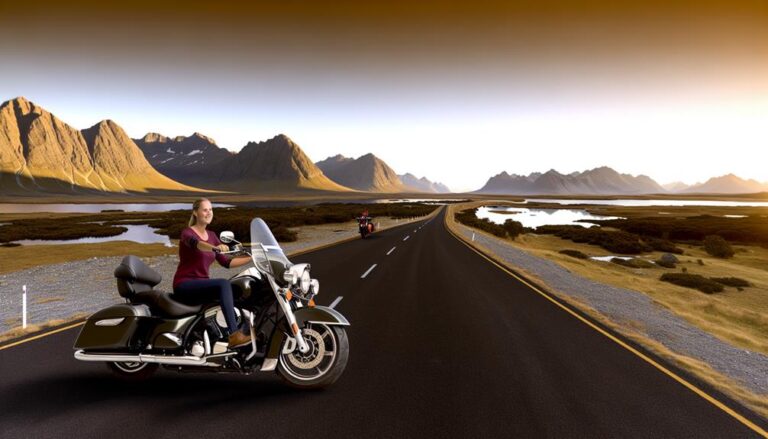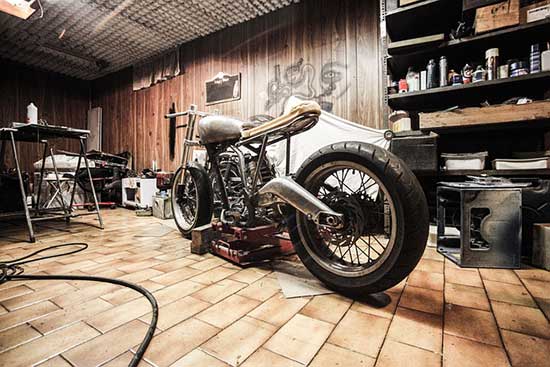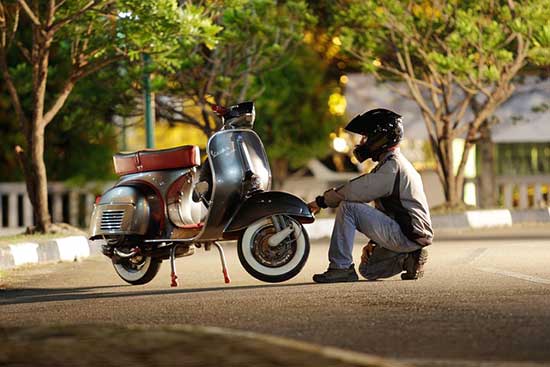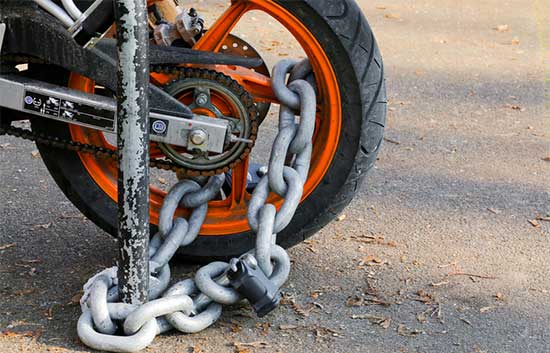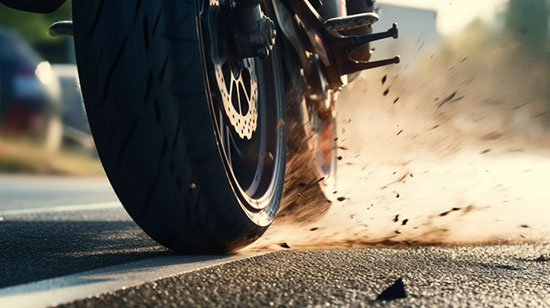You’re cruising on a hot day and suddenly, your motorcycle loses power. What’s up? Heat’s the culprit! It can mess with your bike’s performance, leading to power loss. Whether it’s mechanical issues or simple preventable measures, we’ve got you covered.
Let’s get into the common causes, troubleshoot, and find ways to prevent this warm-weather woe. No more power dips on scorching rides, you’ll be back to full throttle in no time.
Contents
Understanding the Relationship Between Heat and Engine Performance
You’re gaining insight into how heat affects engine performance, particularly noting the drop in power when your motorcycle’s engine overheats. Heat is essentially energy, and your engine needs to manage it efficiently. An overly hot engine can’t perform at its peak, and here’s why.
The central issue is heat’s effect on fuel. When the engine heats up excessively, the fuel’s volatility increases. It tends to pre-ignite or detonate before the spark plug fires, causing a phenomenon known as engine knock. This premature combustion disrupts the engine’s timing, reducing power output.
Your cooling system should regulate this heat. However, if it’s not functioning correctly, the engine might overheat, causing power loss. So, it’s important to check your coolant level regularly and ensure the radiator is free of debris.
Common Causes of Power Loss in Motorcycles on Hot Days
Interestingly, on hot days your motorcycle might lose power due to a malfunctioning cooling system. If your cooling system isn’t functioning at peak efficiency, it won’t dissipate engine heat effectively, causing the engine to overheat and lose power.
Additionally, fuel evaporation can also be a reason for power loss on hot days. When it’s too hot, fuel can evaporate, leading to less fuel being delivered to your engine. To prevent this, it’s important to ensure that your fuel tank is well-insulated.
Moreover, a poorly maintained air filter can also contribute to power loss. A clogged air filter restricts airflow into the engine, leading to a richer fuel-air mixture and reduced power. To avoid this, it’s recommended to regularly clean or replace your air filter.
Mechanical Issues Related to Heat-Induced Power Loss
Why aren’t you considering the mechanical issues that could be causing heat-induced power loss in your motorcycle? It’s best to understand that high temperatures can lead to serious mechanical problems.
Here’s a table showcasing three primary mechanical issues and their effects:
| Mechanical Issue | Effect |
|---|---|
| Overheating Engine | Disrupts optimal combustion |
| Worn-out Clutch | Slippage and power loss |
| Blocked Radiator | Insufficient cooling |
Overheating can disrupt the optimal combustion in your engine, leading to power loss. A worn-out clutch can also cause power loss due to slippage, worsened by heat. Finally, a blocked radiator can result in insufficient cooling, causing your engine to overheat. So don’t overlook these mechanical aspects when troubleshooting your ride’s heat-induced power loss.
Preventive Measures to Avoid Motorcycle Power Loss in High Temperatures
There’s a plethora of preventive measures you can take to avoid motorcycle power loss in high temperatures.
Start by inspecting your bike’s cooling system. Ensure the radiator’s not clogged and the coolant’s at the correct level. You’re also going to want to check the thermostat for proper operation.
Next, turn your attention to the fuel system. A vapor lock could be causing power loss. It’s when fuel turns to vapor before reaching the engine, preventing combustion. To fix it, you might need to insulate your fuel lines.
Lastly, consider your engine oil. It’s essential in high temperatures as it lubes and cools the engine. If it’s too thin, it can’t perform these functions effectively. So, opt for a higher-viscosity oil in warmer conditions.
Troubleshooting Guide for Hot-Weather Motorcycle Power Loss
You’re going to need a comprehensive troubleshooting guide if your motorcycle loses power in hot weather, even after applying the preventive measures we’ve discussed.
Begin by checking the fuel system. A vapor lock could be the culprit, caused by overheated fuel blocking your fuel lines. If there’s no blockage, inspect the carburetor – a rich mixture might be the problem here.
Next, examine your cooling system. An inefficient radiator or a malfunctioning water pump may lead to overheating.
Also, don’t overlook the electrical system. High temperatures can affect battery performance and ignition coil efficiency.
Lastly, ensure your oil isn’t too thin, as extreme heat can decrease viscosity. Armed with these checks, you’re set to tackle any hot-weather power loss.
Conclusion
In conclusion, your motorcycle’s performance can dip on hot days due to a variety of factors. These factors include fuel evaporation, mechanical issues, and overheating.
To avoid power loss, there are several key steps you can take. Regular maintenance is essential, as it helps to keep your motorcycle in optimal condition.
Additionally, using suitable oil that can withstand high temperatures is important. Monitoring coolant levels is also important, as overheating can have a significant impact on performance.
If trouble persists despite taking these measures, it is recommended to use the troubleshooting guide. This guide can help you identify the root cause of any issues you may be experiencing.
Understanding the relationship between heat and engine performance is essential for ensuring smooth rides, regardless of the temperature. By following these steps and staying proactive in maintaining your motorcycle, you can enjoy optimal performance even on the hottest of days.

